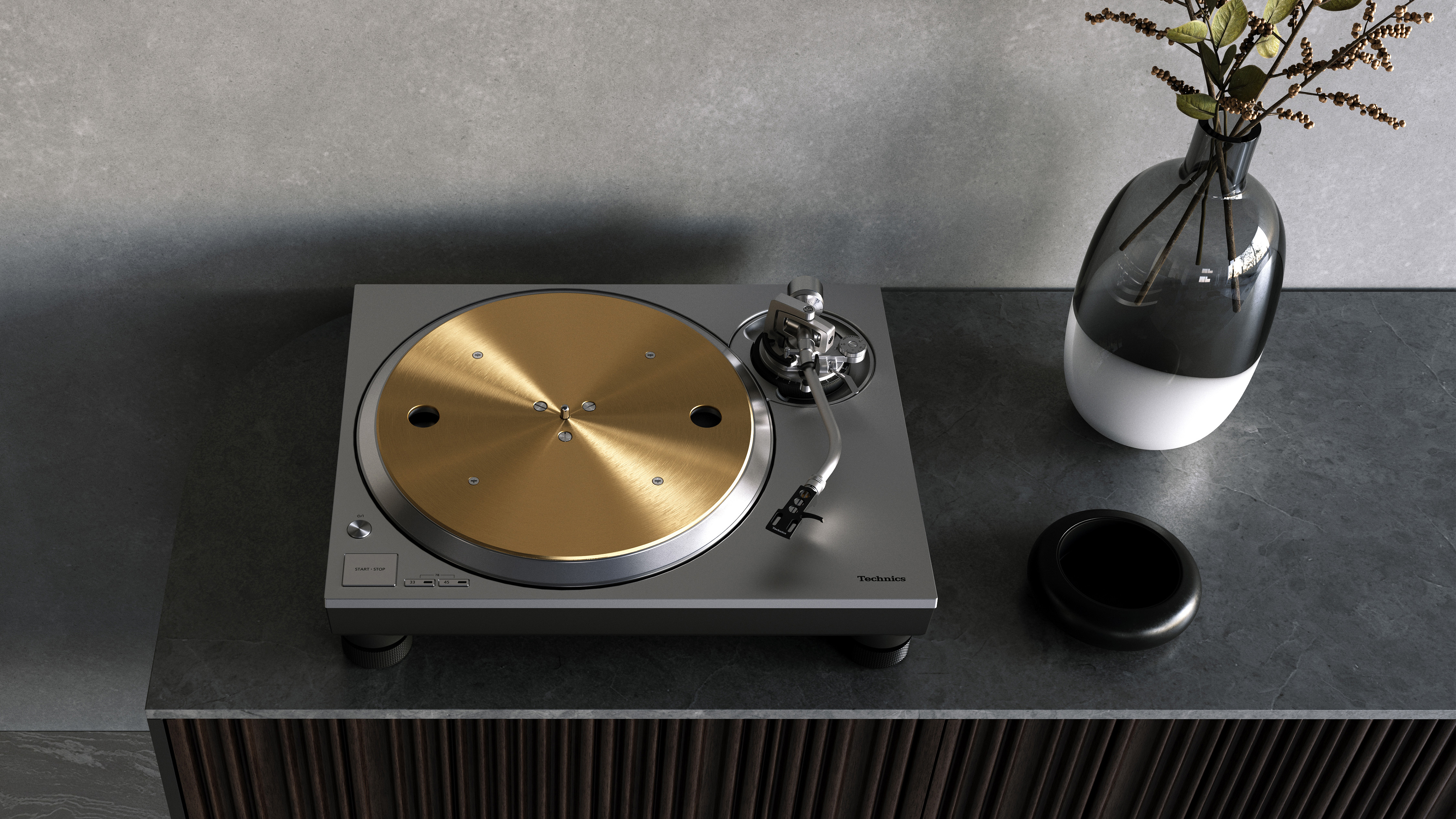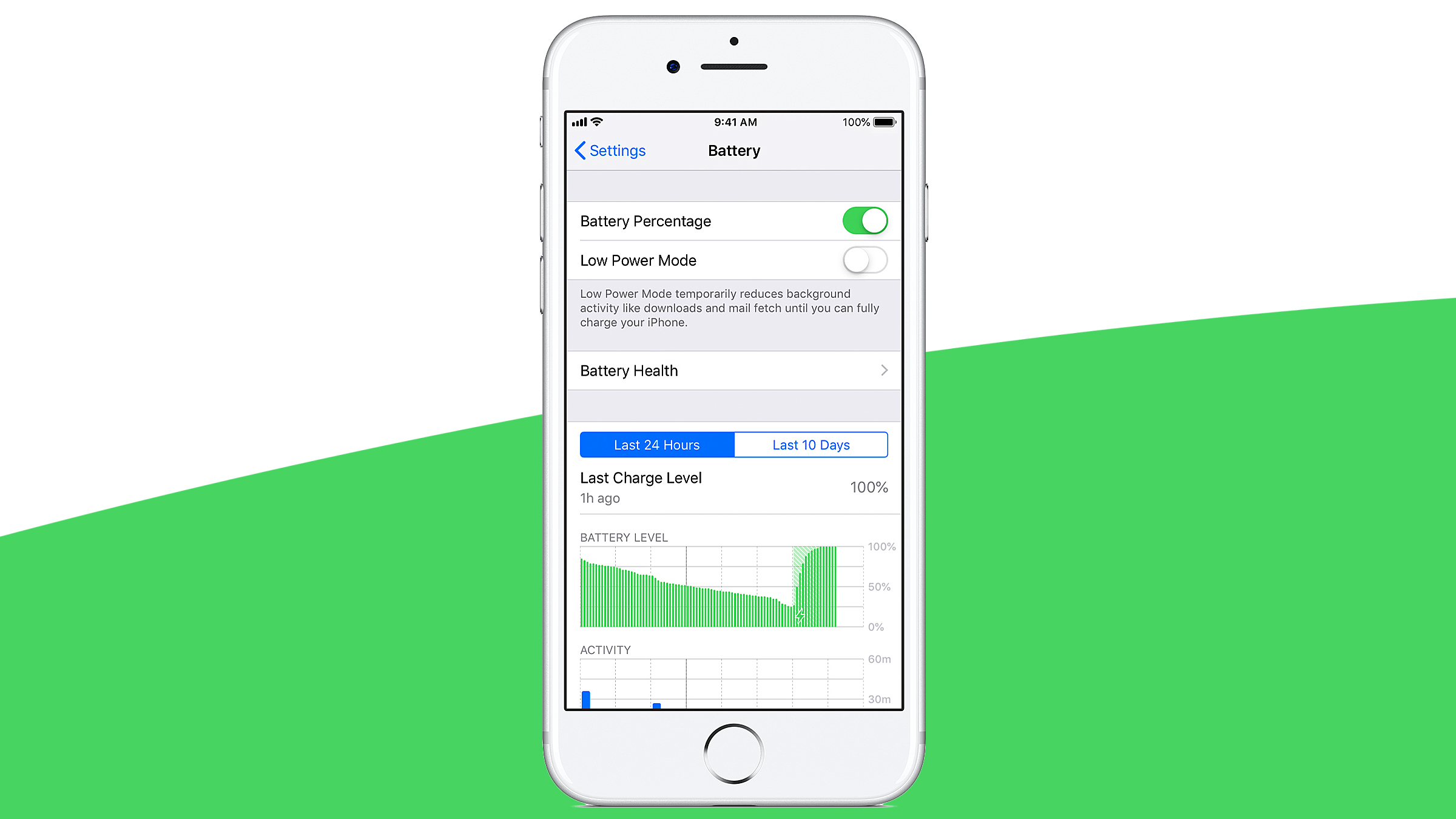

Apple was one of the few smartphone companies to introduce a seven nanometre processor to its iOS devices. The A12 Bionic chip, which powers the iPhone XS, iPhone XS Max and iPhone XR, was designed by Apple and manufactured by TSMC.
Less than two years after becoming the first consumer product to be powered by a seven nanometre chipset, the iPhone is reported to be looking to break records again by adopting a five nanometre processor.
According to technology blog Patently Apple, the company is targeting 2020 for a new five nanometre chipset manufactured by TSMC. Likely dubbed A14, the new silicon will purportedly have a focus on Augmented Reality (AR), AI Deep Learning, and – most excitingly of all – provide HUGE battery life improvements.
The new chipset will ensure the next-generation iPhone will last "for days".
The Taiwan Semiconductor Manufacturing Company (TSMC) started building its $24 billion five nanometre factory in Tainan, a city in the south west of Taiwan. TSMC will purportedly run trials in early 2019, before cranking up to full production in 2020.
The new plant is also tipped to be the home of a three nanometre Research & Development centre, with hopes of having 3nm processors in smartphones by 2022.
These incremental decreases in the size of the silicon should result in greater performance and reduced power consumption for the smartphones powered by these smaller chipsets.
Sign up to the T3 newsletter for smarter living straight to your inbox
Get all the latest news, reviews, deals and buying guides on gorgeous tech, home and active products from the T3 experts
As elements get smaller and more tightly packed, electrons do not have to travel as far when moving between them. This saves time and energy. It results in a much more efficient processor and ekes out more performance and improved battery life.
Battery life is always a pain-point for smartphone users – no matter what handset they're using – and we can’t wait to see whether Apple and TSMC manage to achieve the five nanometre process before their deadline, and whether the power efficiency improvements are as transformative as the rumours suggest.
As a former Staff Writer for T3, Aaron writes about almost anything shiny and techie. When he’s not barking orders at Alexa-powered microwaves or gawping at 5G speed tests, Aaron covers everything from smartphones, tablets and laptops, to speakers, TVs and smart home gadgets. Prior to joining T3, Aaron worked at the Daily Express and and MailOnline.
-
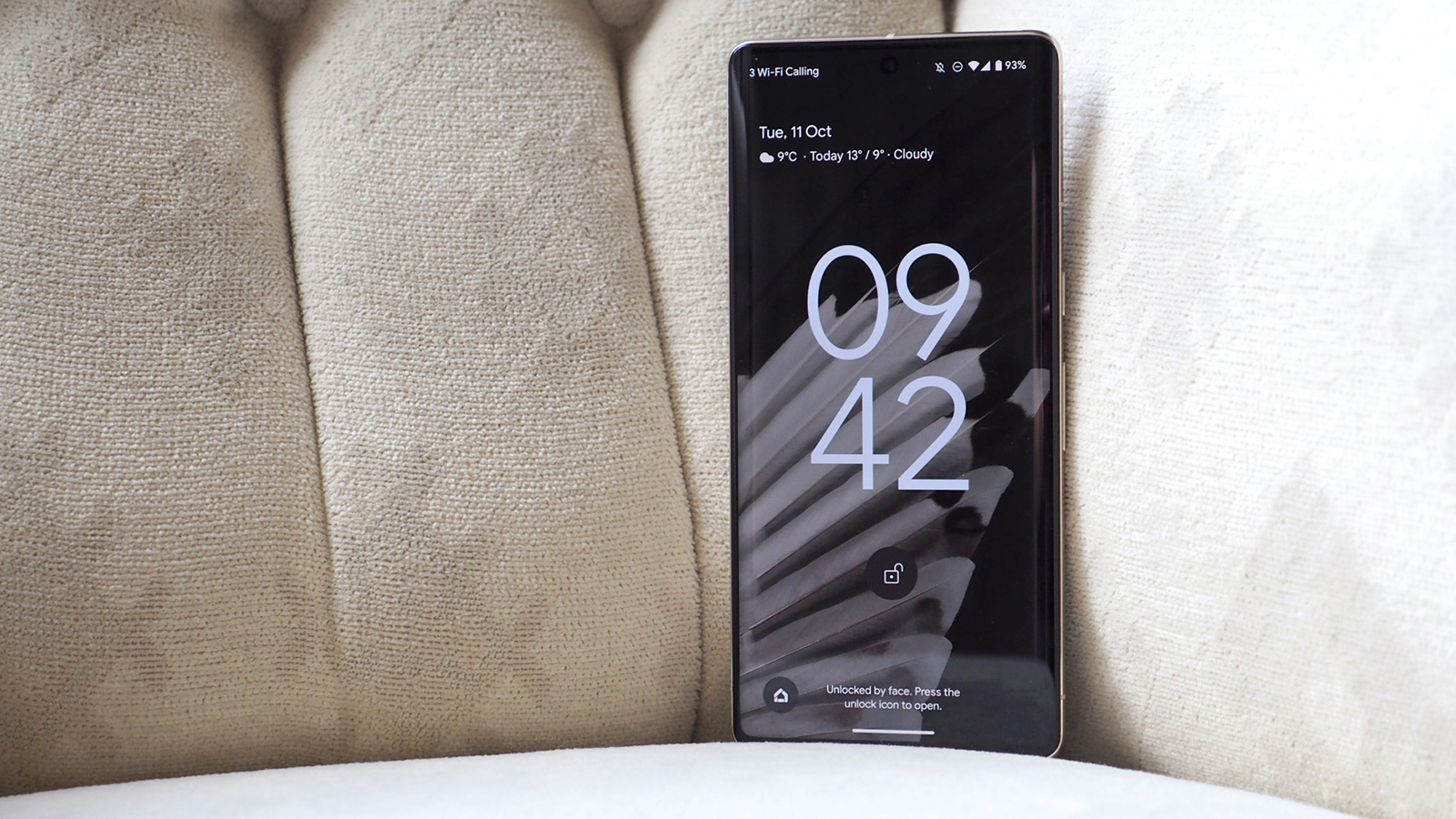 Even after iOS 17, here's why I won't swap Android for an iPhone
Even after iOS 17, here's why I won't swap Android for an iPhoneAndroid still has its advantages, even with Apple's upcoming iOS 17 upgrades
By David Nield
-
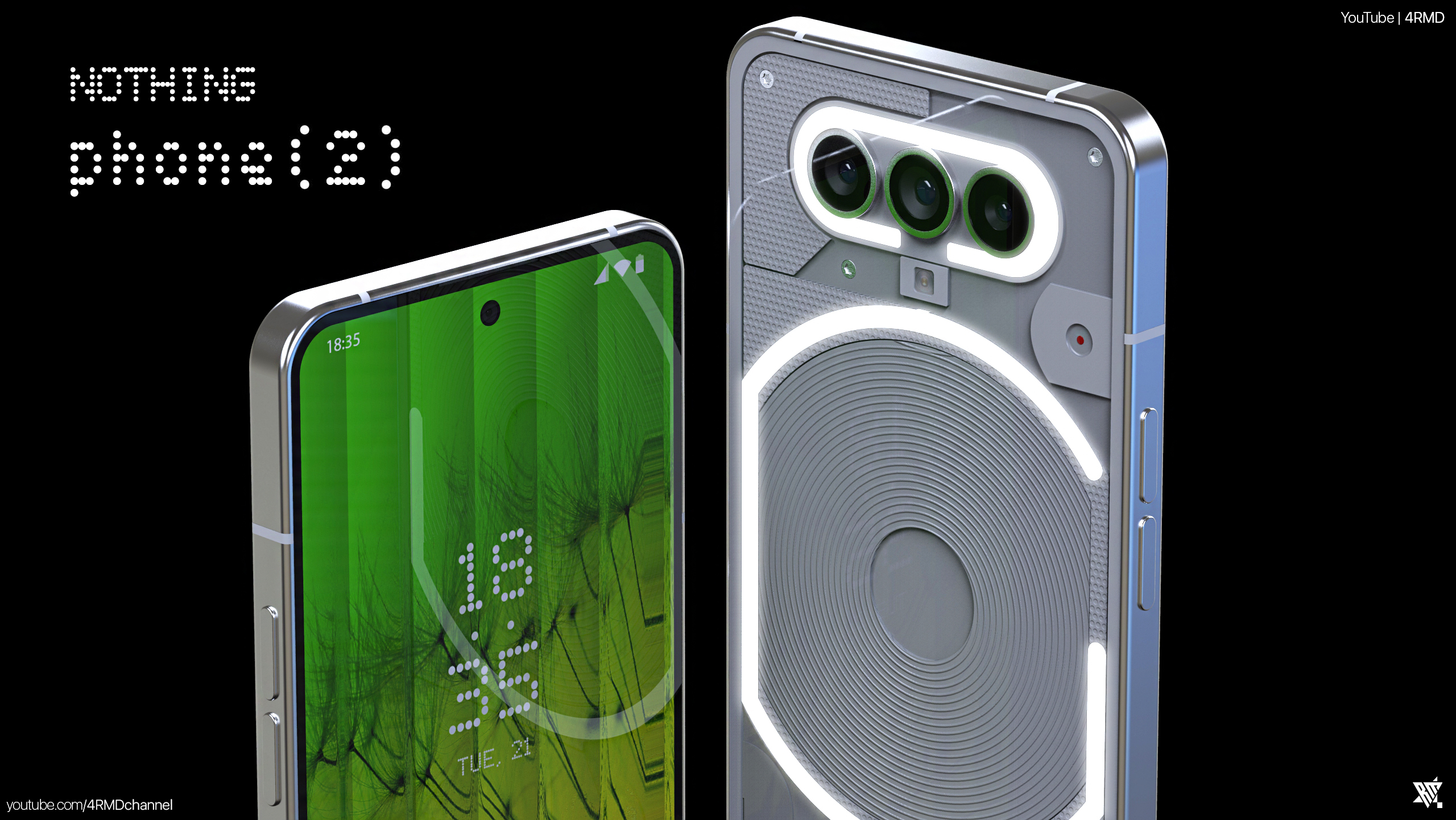 These (3) Nothing Phone (2) features would instantly make it my next phone
These (3) Nothing Phone (2) features would instantly make it my next phoneNothing’s next flagship could be something special
By Andy Sansom
-
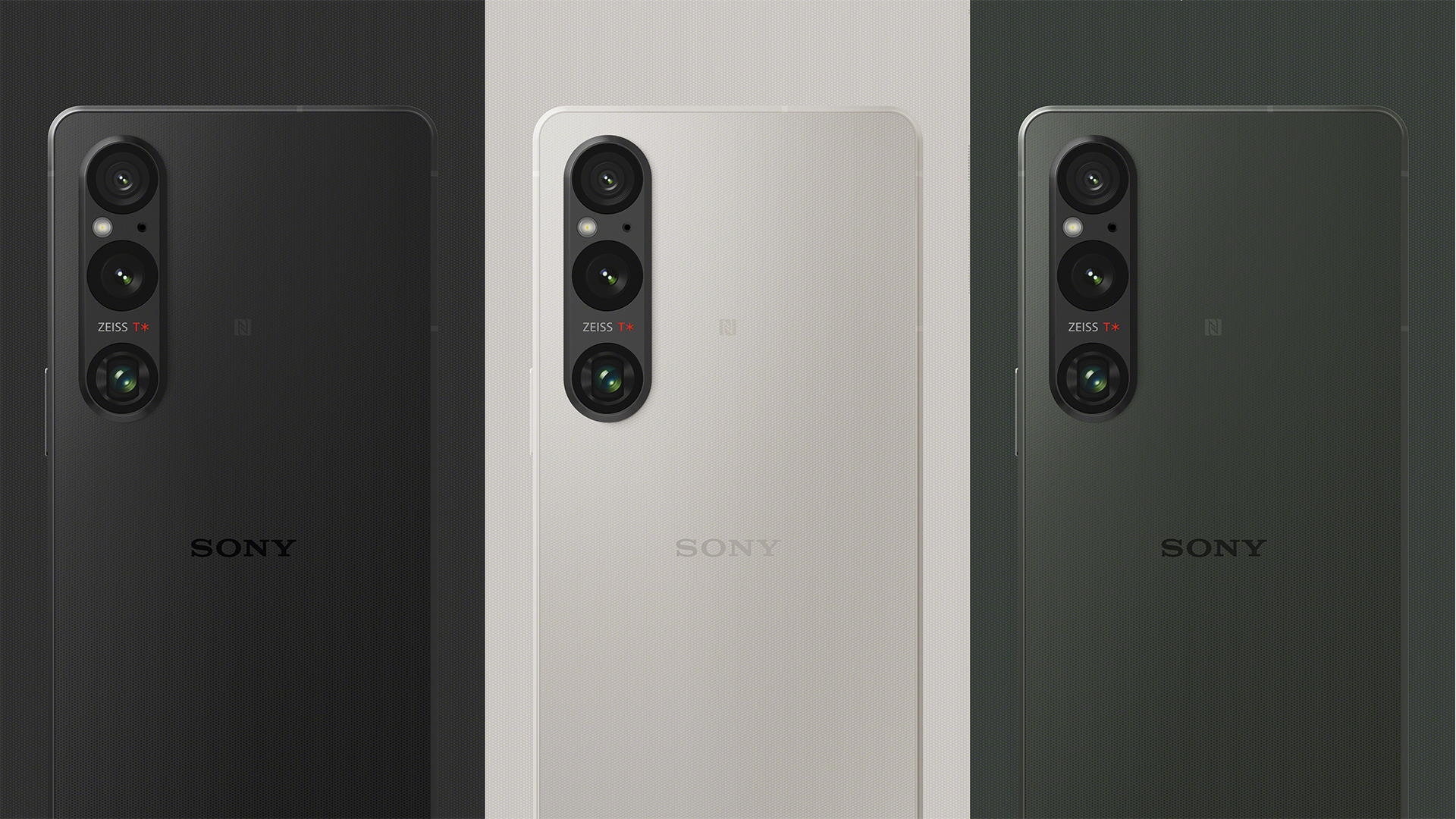 Is Sony's Xperia 1 V going to be 2023's most underrated phone?
Is Sony's Xperia 1 V going to be 2023's most underrated phone?Don’t let Sony’s newest flagship fly under the radar
By Andy Sansom
-
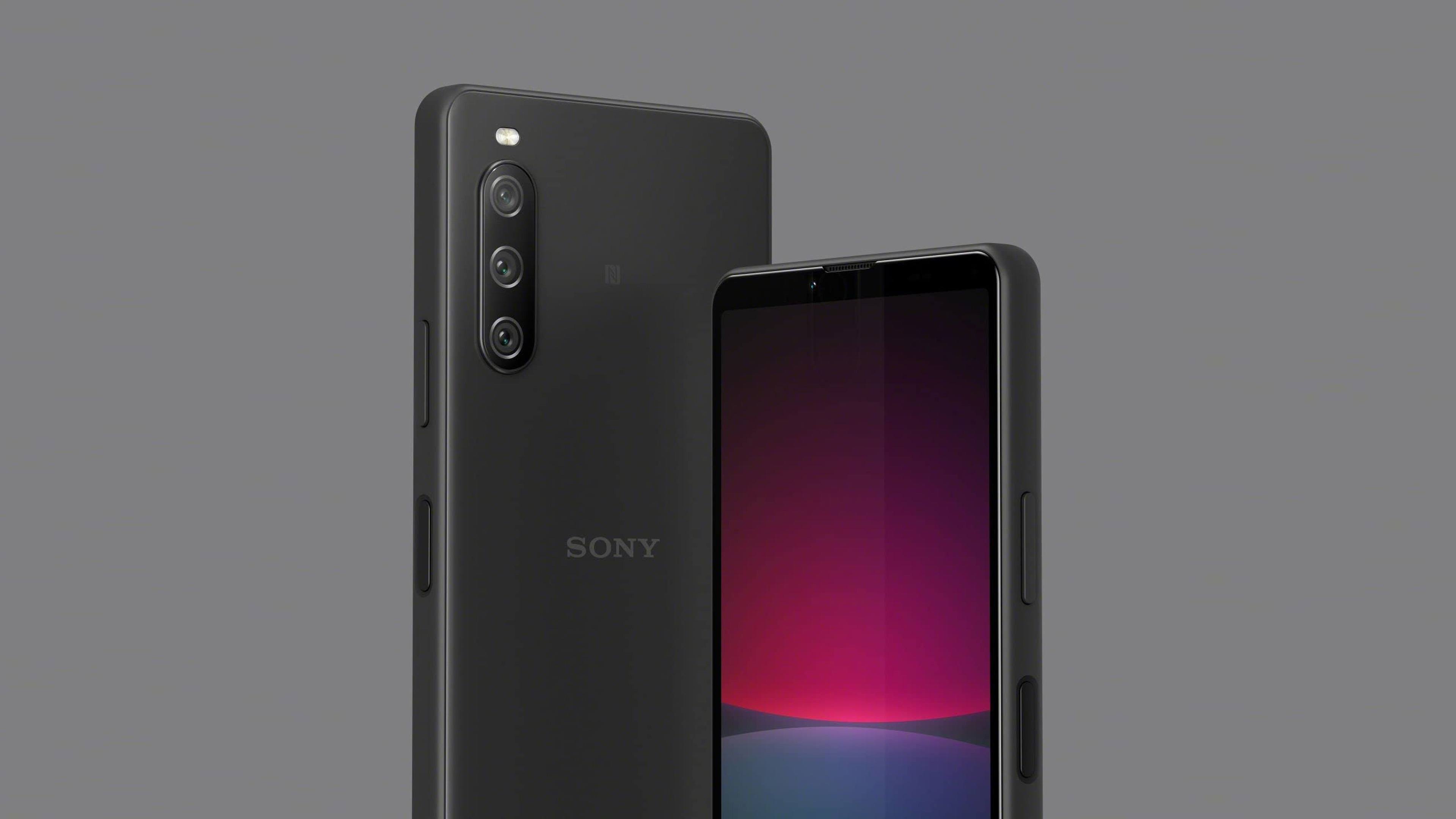 Sony Xperia 10 IV review: Bossing battery life, but little else
Sony Xperia 10 IV review: Bossing battery life, but little elseA small and affordable Android phone with killer battery life, but underwhelming spec at this price point
By Andrew Williams
-
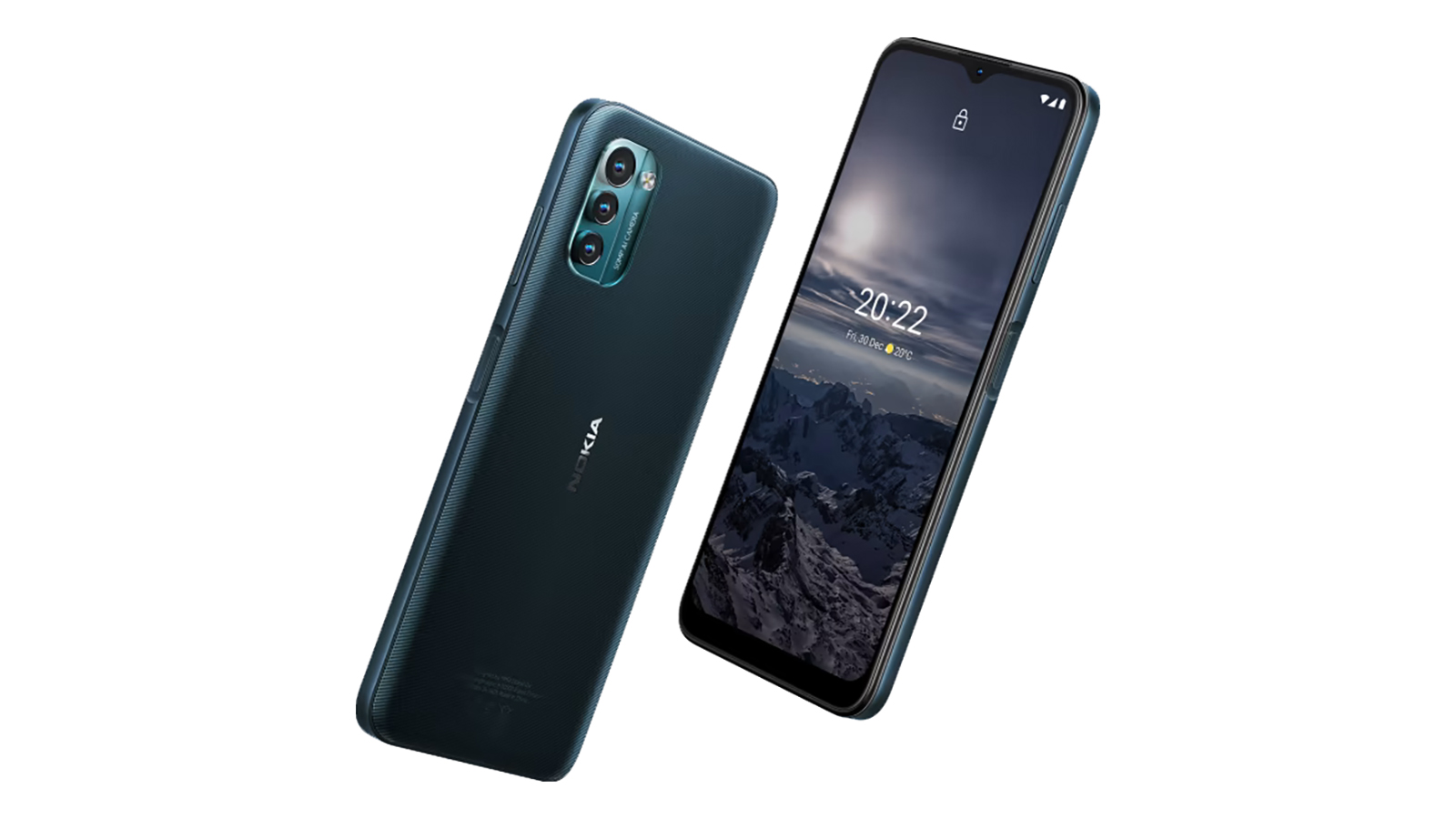 Nokia G21 review: Cheap and cheerful or a low-cost letdown?
Nokia G21 review: Cheap and cheerful or a low-cost letdown?The Nokia G21 is very cheap to buy – but is it value for money or too budget for its own good?
By David Nield
-
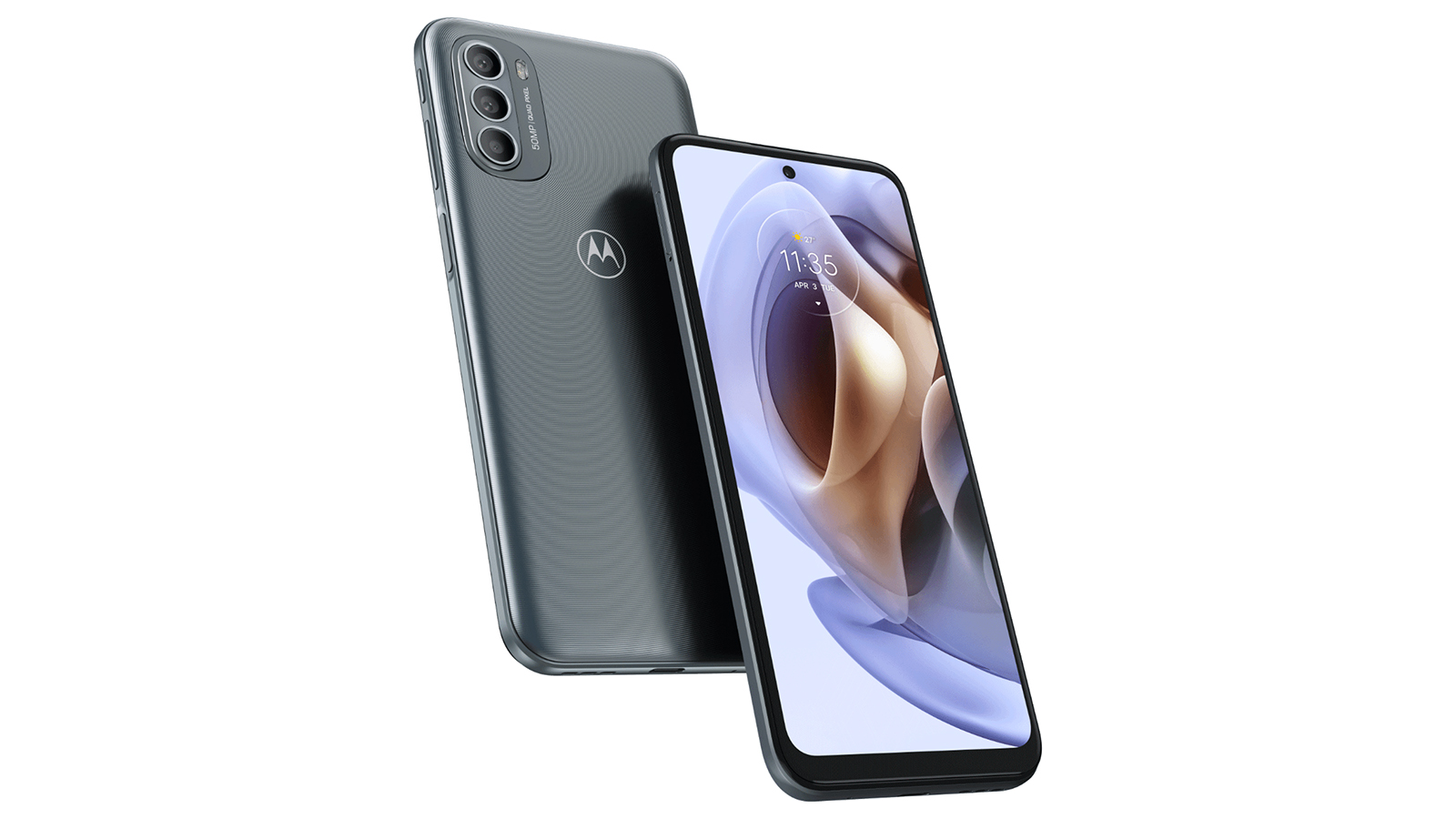 Moto G31 review: another excellent value budget phone from Motorola
Moto G31 review: another excellent value budget phone from MotorolaThe Moto G31 isn't 5G-ready or particularly fast, but it's still worth a look
By David Nield
-
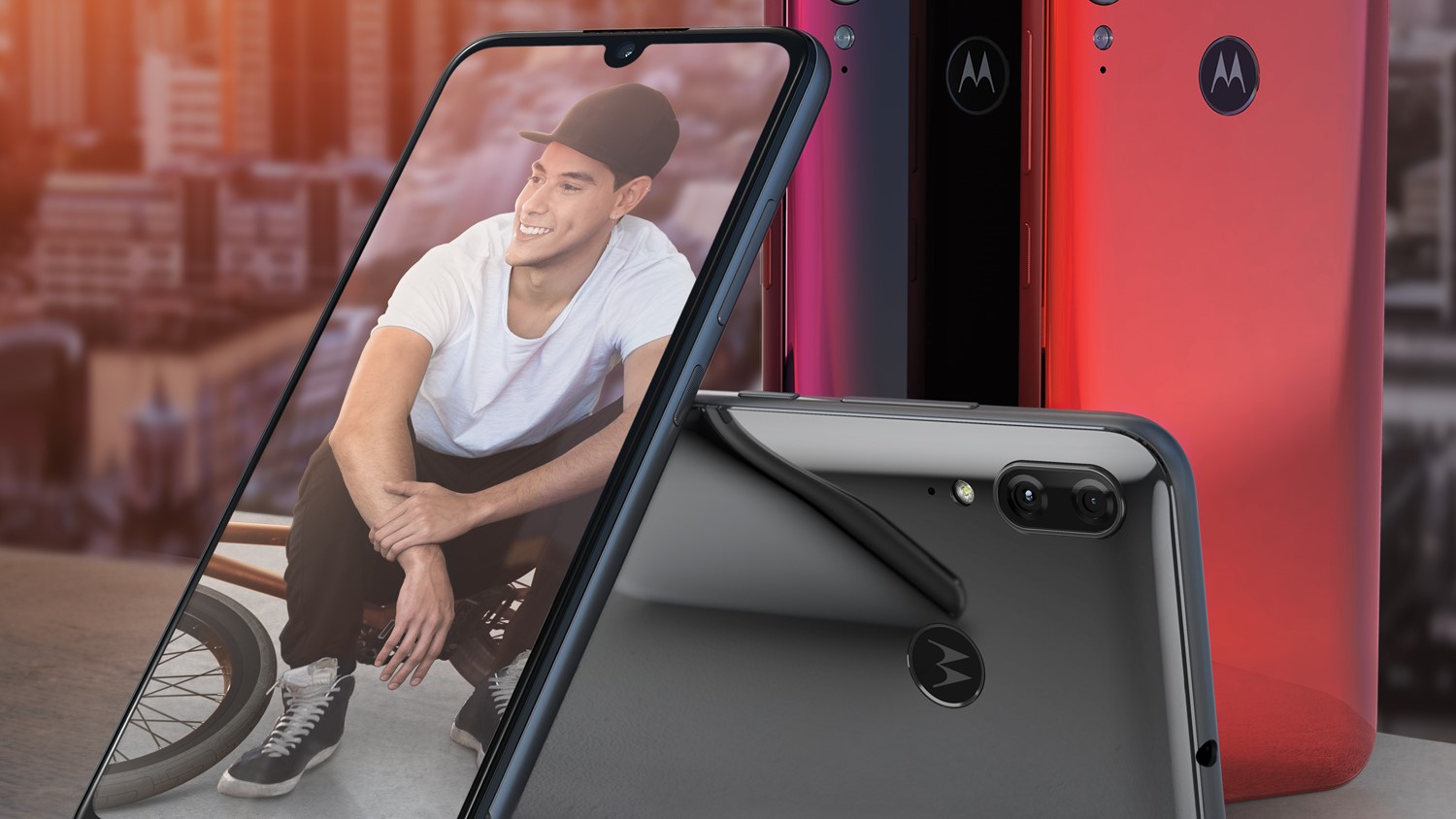 Motorola Moto E6 Plus review: cheap smartphone, basic features
Motorola Moto E6 Plus review: cheap smartphone, basic featuresThe Motorola Moto E6 Plus will be good for everyday tasks like messaging and calling
By Yasmine Crossland
-
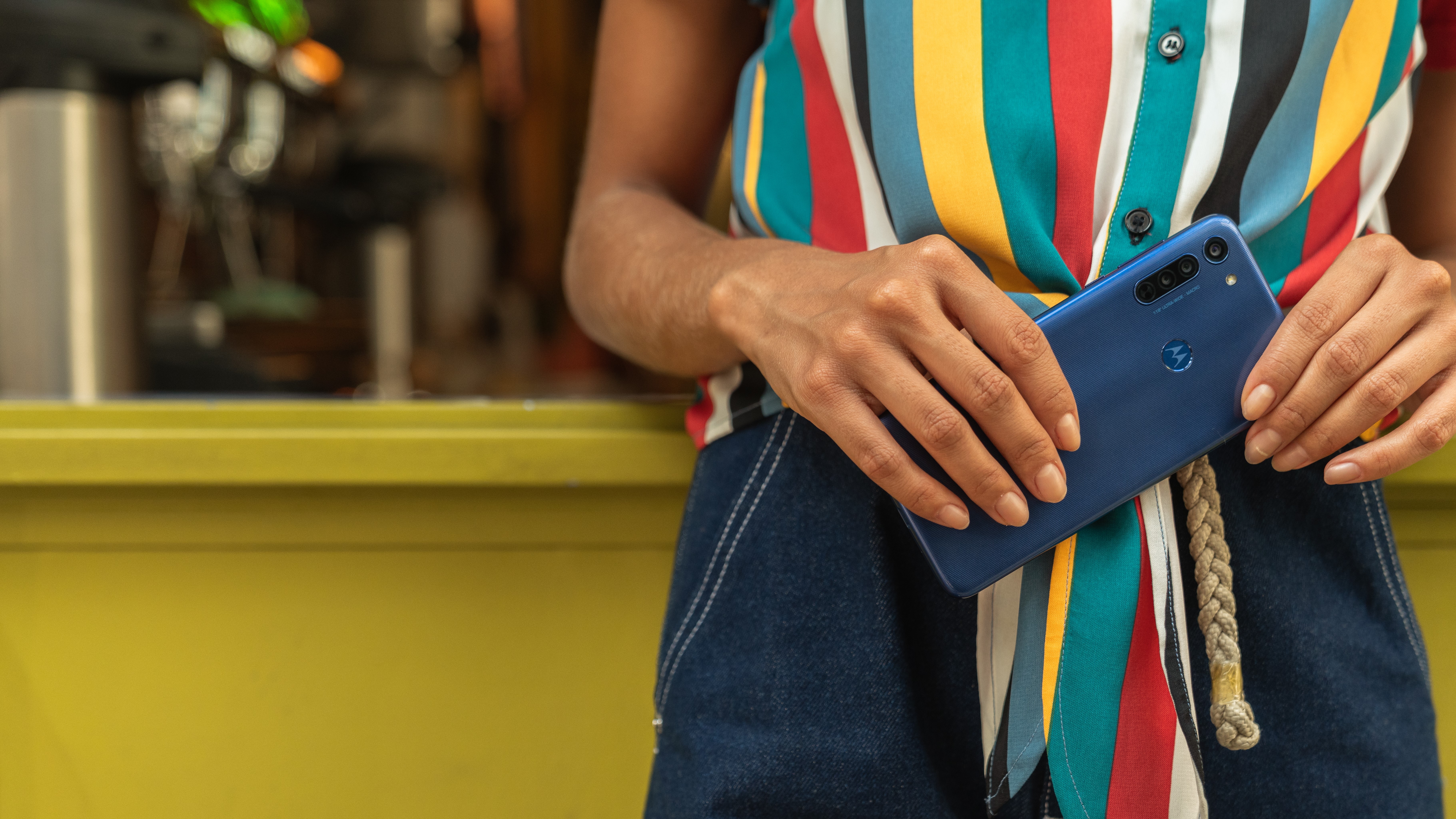 Moto G8 review: a decent smartphone on a tight budget
Moto G8 review: a decent smartphone on a tight budgetThe Moto G8 won’t wow you with specs, but it will get the job done
By Yasmine Crossland
